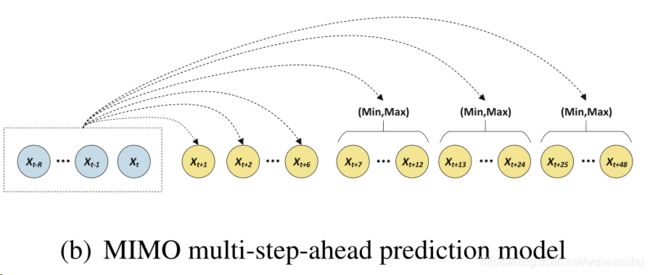【论文阅读】Long short-term memory-Fully connected neural network for PM2.5concentration prediction
Long short-term memory - Fully connected (LSTM-FC) neural network for PM2.5concentration prediction
•The LSTM-FC neural network can give an accurate prediction of urban PM2.5 contamination over the next 48 hours.
•The LSTM-FC neural network can handle the long-range dependence of PM2.5 contamination.
•The LSTM-FC use a fully connected neural network to combine the spatial information of surrounding stations.
Abstract:long short-term memory - fully connected (LSTM-FC) neural network
using:historical air quality data, meteorological data, weather forecast data, and the day of the week
effect:
1、model the local variation of PM2.5 contamination
2、a neural network-based spatial combinatory to capture spatial dependencies between the PM2.5 contamination of central station and that of neighbor stations
如何解决空间问题:
note that the LSTM-based temporal simulator only exploits the temporal information. Then the predictions of the central station and sur-rounding stations given by LSTMs are entered into the fully-connected neural network-based spatial combinatory. The final output is the final prediction of the central station.
如何解决时间问题:
The goal of our model is to forecast the PM2.5 over 48 h, spe-cifically, for the next 1~6 h, we predict the real-valued concentra-tion of PM2.5, and with respect to 7~12, 13~24, 25~48 h, we predict the maximum and minimum concentration for each time interval respectively, as seen in Fig. 1(a). To make a forecast, some related data in the past hours is entered into the model, so our model is a multi-step-ahead forecasting model as seen in Fig. 1(b).
创新点:
1) The temporal simulator and spatial combinatory handled temporal information and spatial information, respectively, leading to an effective and interpretable prediction result. The LSTM-based temporal simulator fed with all local historical data which could handle the long-range dependencies. Meanwhile, the spatial combinatory com-bined the predictions of the surrounding temporal simulators.
(2)We combined the spatial information of surrounding stations ac-cording to geographical distance, instead of using data from all stations in Beijing, which averted over-fitting and mitigated thecomputational challenge.
结果


